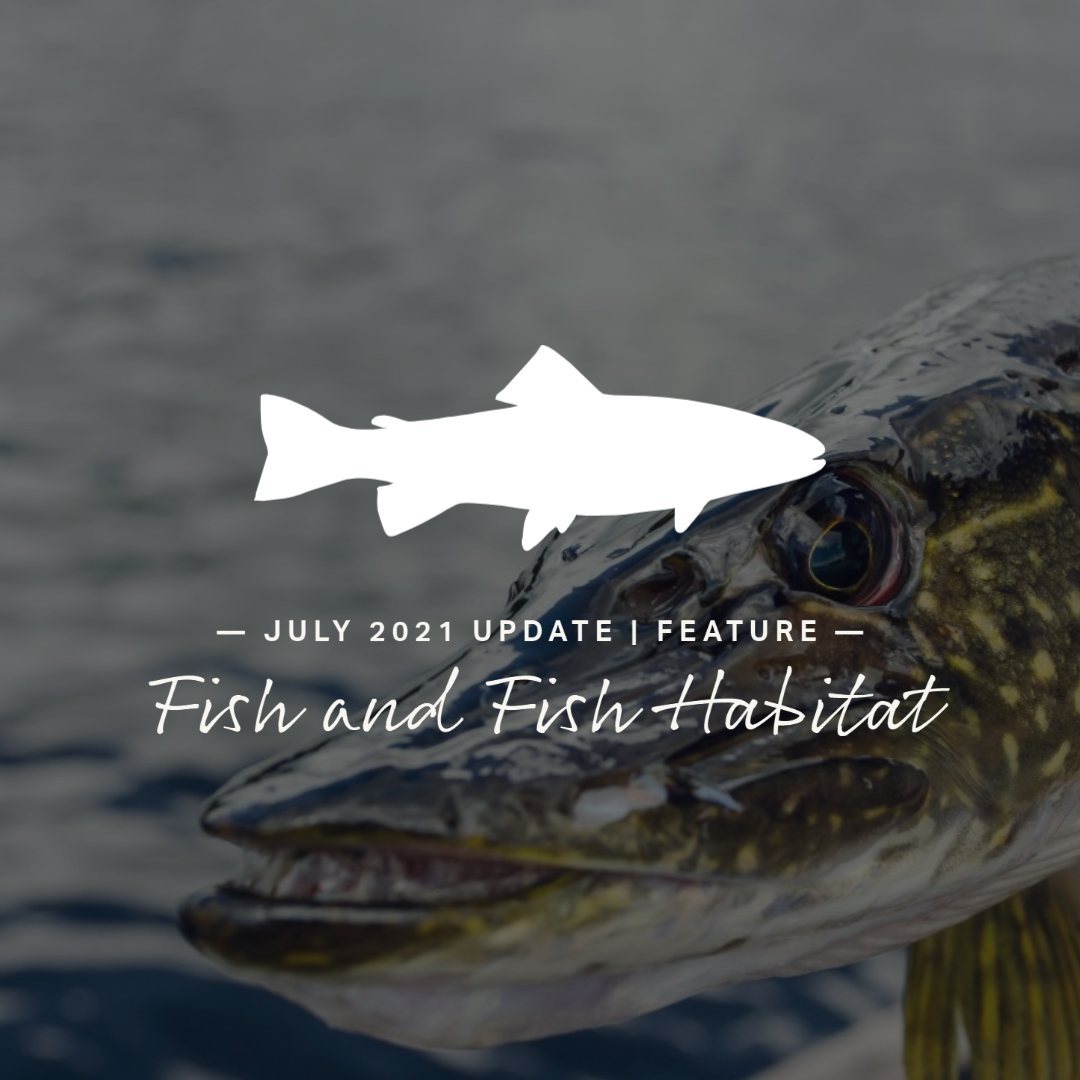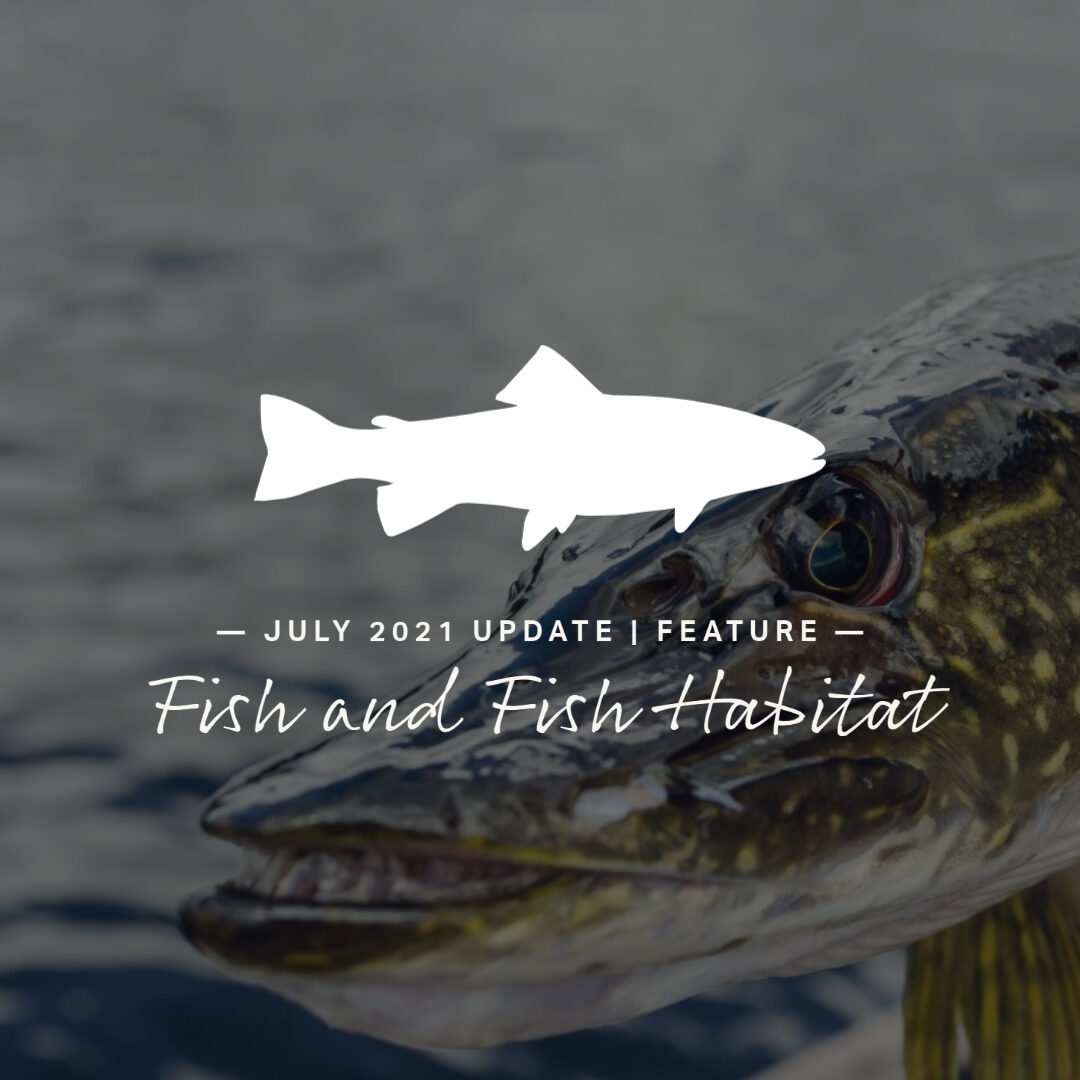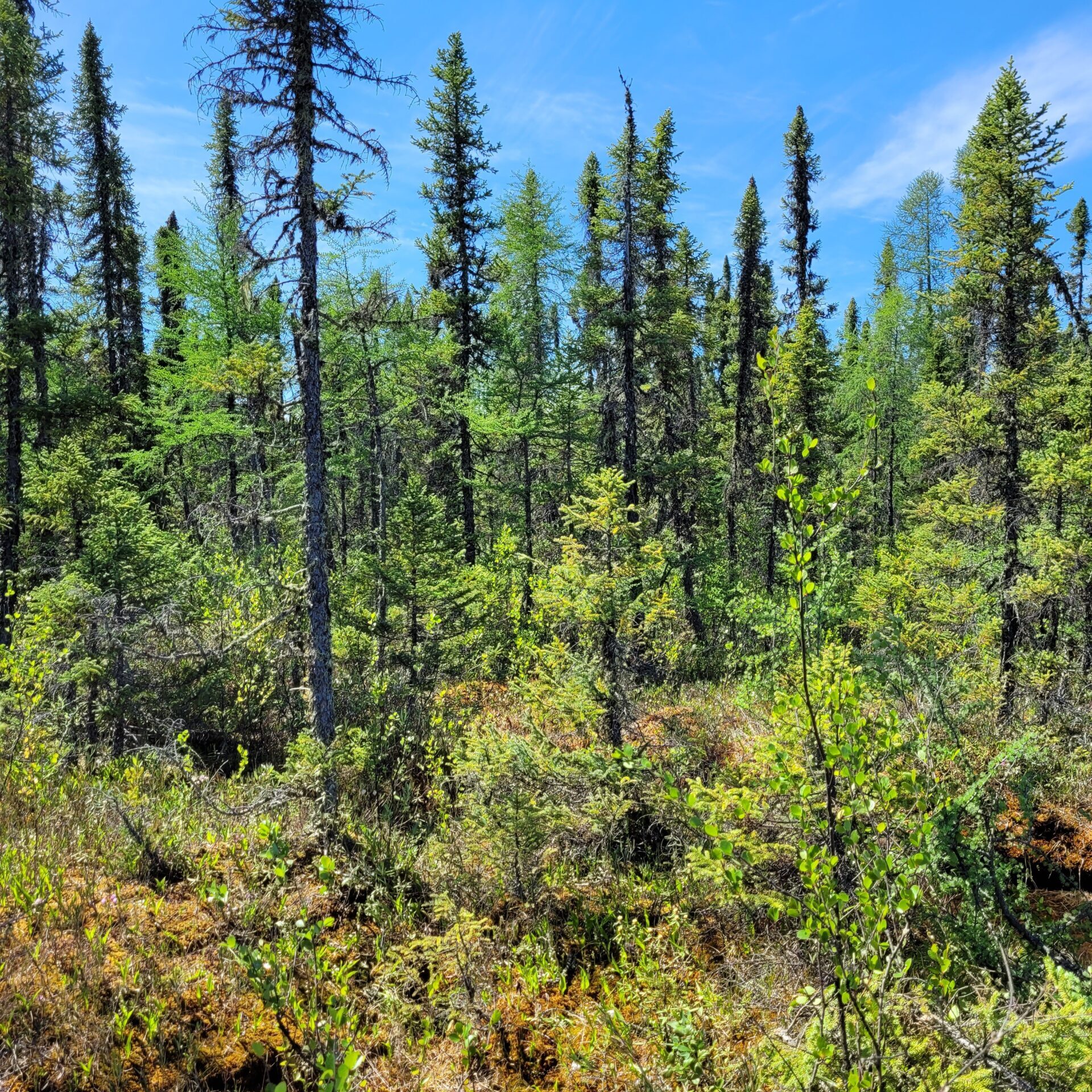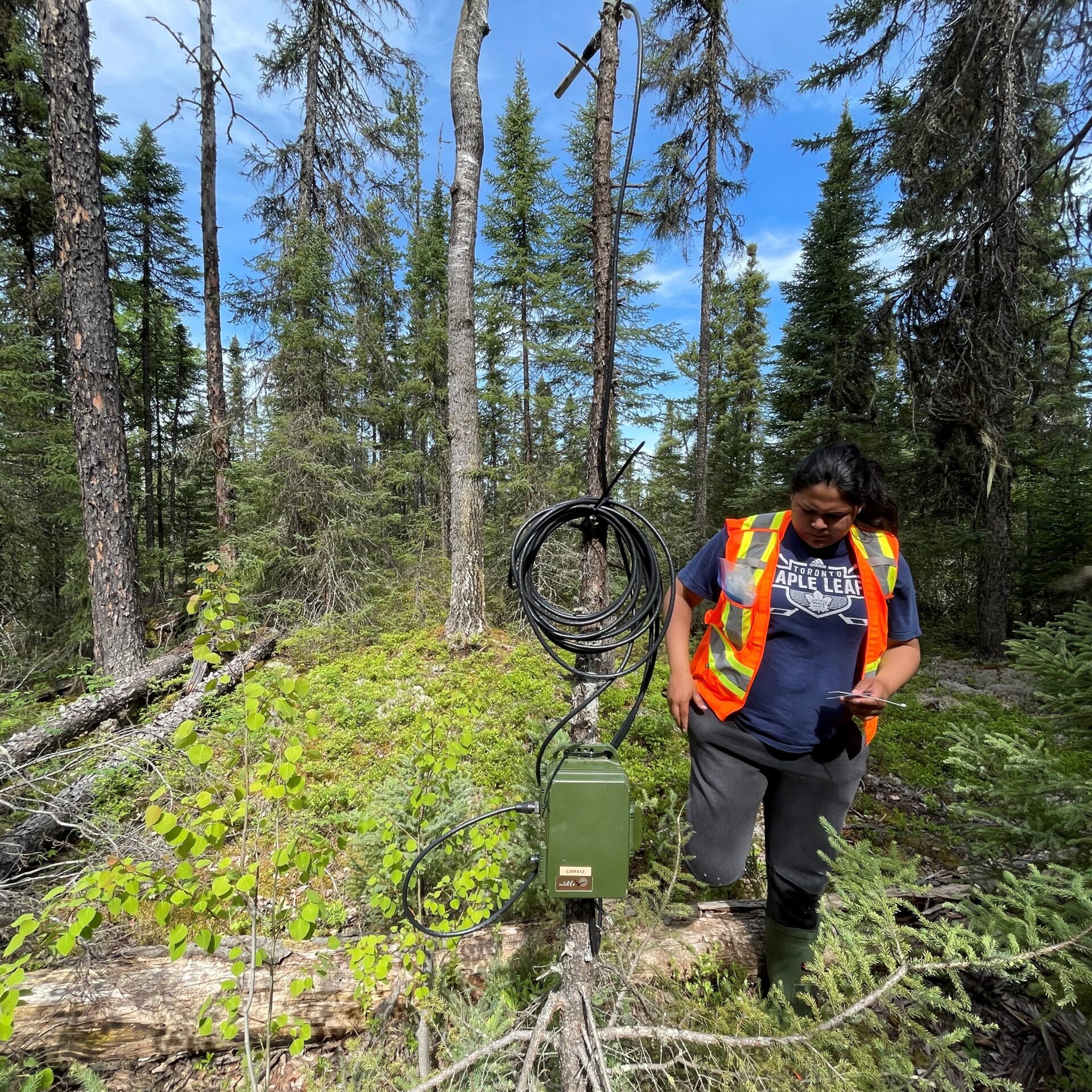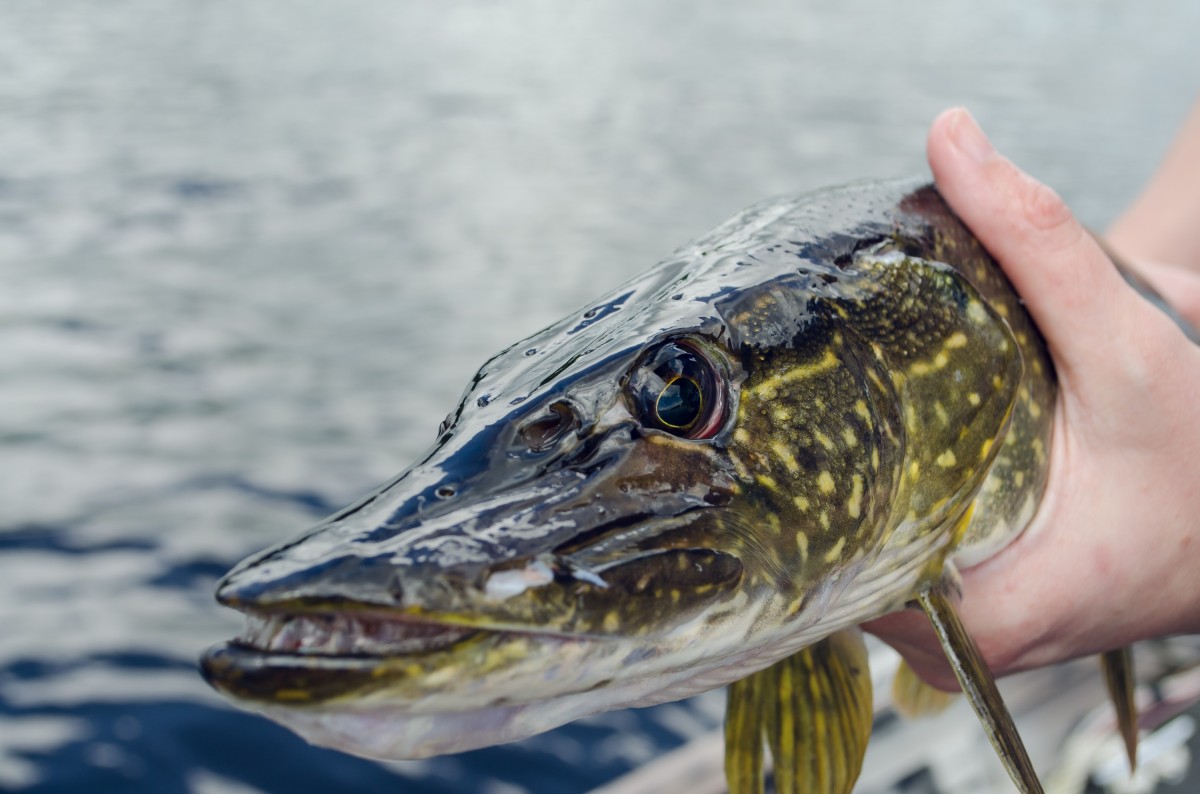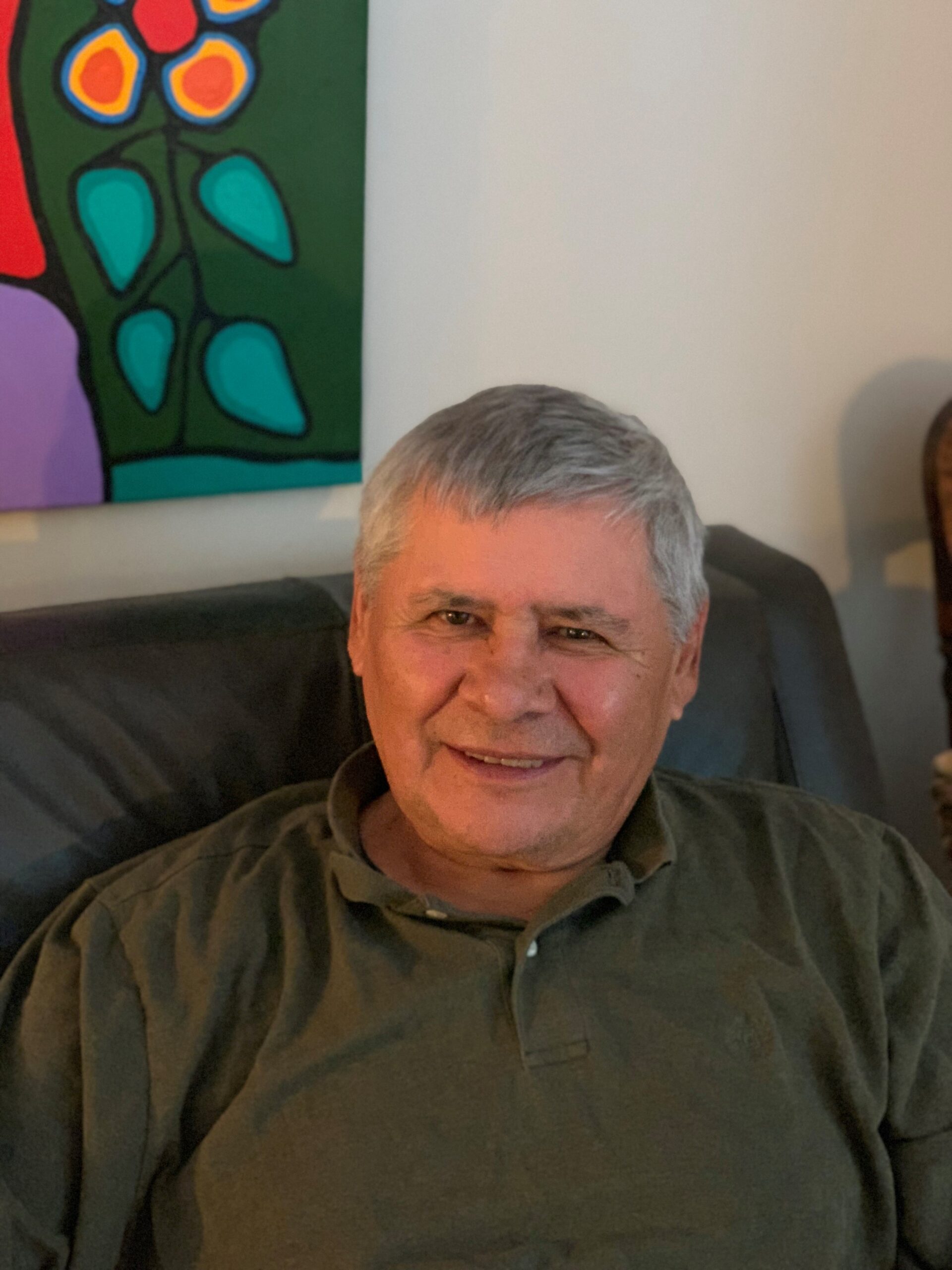Terms of Reference
Where we are at in the provincial process
Field Studies Update
Updates on current field work taking place, information about programs taking place in July and a snapshot of programs later in the summer and fall
Featured Topic
Learn more about fish and fish habitat and how they are being studied for the Community Access Road
Project Team Profile
Get to know Lawrence Baxter, one of the MFFN CAR Community Member Advisors
.
Terms of Reference
The Proposed Terms of Reference is with the Ministry of the Environment, Conservation and Parks for review and a decision by the Minister. We expect a decision in the coming months and if approved, or approved with conditions, an environmental assessment for the Community Access Road can begin. Stay tuned for more information.
Read more about the Terms of Reference.
.
Field Studies Update
Caribou Collaring Program Update
Thirty adult female caribou that were collared in February 2021 continue to be monitored in the Local and Regional Study Areas. One of the collared animals died in June and a mortality investigation will be conducted when practical. Several collared caribou travelled long distances this spring to the area around Polar Bear Provincial Park. For the next three years, we will continue to receive information on the location of the collared caribou via satellite to an online database.
Bat and Remote Camera Installation Update
The Bat Monitoring Program and the Remote Camera Installation Program took place in June 2021. A total of 17 audio recording devices were installed to document bat species presence and distribution in the Local Study Area. 30 motion-sensitive cameras were installed to document the presence and seasonal patterns of caribou (atik), wolves (maihgan), moose (mooz) and other animals. One MFFN community member was hired as a Field Support Staff.
Upcoming Field Studies
To help us understand the existing conditions (quality and quantity) of the environment, fish and wildlife along the proposed alternative routes, scientific field studies will be taking place. The information we collect through these studies will be strengthened by the Indigenous Knowledge shared with us by MFFN and neighbouring Indigenous communities.
Following is a high-level overview of upcoming field study programs for 2021 and their approximate timelines*:
- Groundwater and Geochemistry (August): Installation of monitoring wells so that we can assess groundwater fluctuations, seasonal changes in water quality and develop an understanding of current conditions.
- Surface Water (August): Assessment of select water crossings along the route alternatives to understand current conditions including seasonal flows, drainage patterns, and water and sediment quality. This program will take place at the same time as the Fish and Fish Habitat Program.
- Vegetation, Physiography and Peatlands (Late Summer / Early Fall): Collection of information related to forest and wetland plants, soil conditions and geologic features to develop an understanding of the current conditions. This includes wetlands and muskeg.
- Waterfowl Aerial Survey (Fall): Estimation of distribution, number and density of Waterfowl, Shorebirds and Raptors in the Local Study Area, at various times during the year. Some examples include: mallard (shesheeb) and osprey (saagwadamo).
Detailed notices will be provided when the dates for the field programs are confirmed. For the upcoming summer programs, we are looking for input to help us confirm the timing and sampling locations. Each program listed above will include it’s own Discussion Guide to provide more information about what the program is, why it’s important to the Community Access Road, and what kind of feedback we are looking for. The Discussion Guides for the Groundwater and Geochemistry Program, and the Surface Water, Fish and Fish Habitat Summer Field Program have already been distributed to Indigenous communities, Tribal Councils and Provincial Territorial Organizations.
*Timelines and programs are approximate and may shift; we will provide updates as required.
.
Featured Topic: Fish and Fish Habitat
Fish and fish habitat are two important topics that are being studied. The proposed route alternatives include many waterbody crossings, which will mean that bridges and culverts will need to be built. This has the potential to effect the fish in the area and their habitat.
Since 2019, we have been conducting field studies to understand fish distribution and movement in the study area, fish survival and reproduction information, and data on the quality and quantity of fish habitat. Because fish are found in surface water bodies (lakes, rivers, streams), field work in 2021 for fish and fish habitat will take place at the same time as surface water field work. We have selected five key fish species to focus our study efforts on: lake sturgeon (nameh), northern pike (nahwabe), walleye (okaas), lake whitefish (atikameg) and brook trout. These species have been selected because they are valued as a food source and a culturally significant species, may be sensitive to changes to the environment, and are valuable to the ecosystem. Lake sturgeon is also listed as a species of Special Concern under both the federal Species at Risk Act and the provincial Endangered Species Act.
Waterbody crossings will be surveyed along both route alternatives to collect site-specific data about fish and fish habitat. Earlier this month, we distributed a Discussion Guide to Indigenous communities, Tribal Councils and Provincial Territorial Organizations to explain the Surface Water, Fish and Fish Habitat summer field program, and to outline the insights and feedback we are looking for to strengthen the field programs. If you have insights to share, please contact us.
.
Project Team Profile
Get to know the team! Over the coming months, we will be introducing the members of the MFFN CAR Project Team. This month, we are featuring Lawrence Baxter, the Senior Community Advisor on the MFFN CAR Project Team and a member of MFFN. As the Senior Community Advisor, Lawrence provides invaluable insights about MFFN to help ensure that the process remains community-led.
Lawrence was Chief of MFFN for one term and was the Housing Manager for the Marten Falls First Nation Housing Pilot Project. He also served as the MFFN negotiator for an agreement with Cliffs Natural Resources and is a senior advisor for MFFN on resource development. Beyond his work and involvement with MFFN, Lawrence has also served as a member of the Lakehead Board of Education’s Aboriginal Education Advisory Committee, and a board member of the Agoke Development Corporation. Lawrence holds a chemistry diploma from Sault College, and worked as an Environmental Officer with the Ontario Ministry of the Environment, Water Quality Section for 25 years

